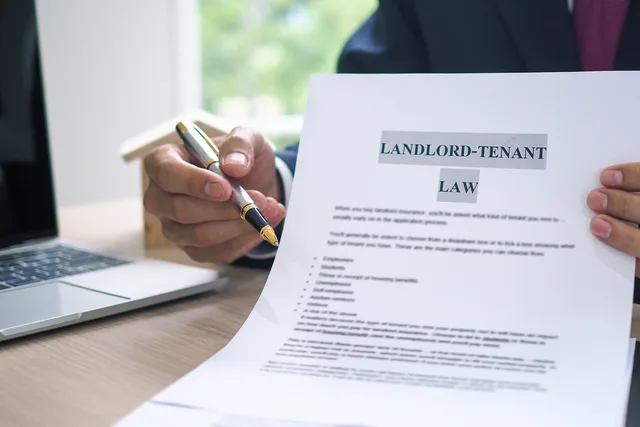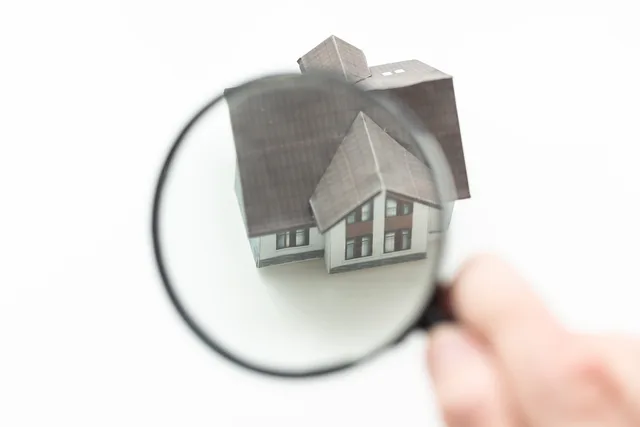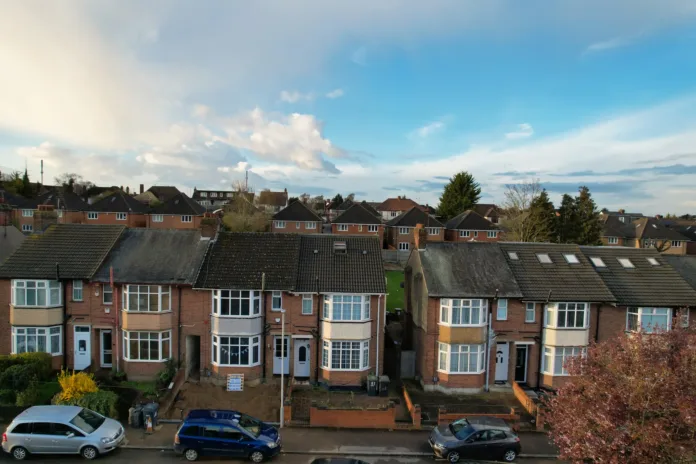Antisocial activity can have an impact on both the property and the neighbouring community. So, how can letting agents and landlords avoid this with their tenants?
Antisocial conduct has been a problem in England for many years, with over a million reports filed each year. In 2021, The English Private Landlord Survey showed that “just under a third (32%)” of landlords terminated their rental agreements to anti-social behaviour.
The government continues to create policies and legislation to combat anti-social behaviour, including the Anti-Social Behaviour Action Plan and the introduction of selective licencing as part of the Fairer Private Renter Sector initiative.
Landlords and agents may also face the consequences of their tenants’ antisocial behaviour. The government implemented Selective Licencing Schemes to ensure that privately rented residences are properly managed; otherwise, they face infinite fines. Landlords have already faced almost £150,000 in damages owing to drug farms on their property.
Here’s what landlords and letting agents need to know about dealing with antisocial behaviour:
What exactly is antisocial behaviour?

According to the Crime and Disorder Act of 1998, anti-crime social behaviour is “acting in a manner that caused or was likely to cause harassment, alarm, or distress to one or more persons, not of the same household”.
Common anti-social behaviour related to housing may include:
- Loud music, TV, or noise at any time of day.
- Rubbish or rubbish outside a property.
- Drunken behaviour that disrupts others.
- Threatening or harassing others.
- Using property for illicit purposes.
However, more extreme anti-social behaviour can include illegal drug use and modern slavery.
How does illegal drug activities affect landlords and rental agents?

Illegal drug activity in a privately rented residence might affect more than simply the occupants. In 2022, a landlord in London faced £150,000 in home repairs after illegal cannabis plantations were established in their rental premises, and the management letting agent was charged with negligence and sent to court.
Landlords may also be held accountable, depending on the circumstances of the offence, if they are aware of the conduct but fail to report it.
According to the Misuse of Drugs Act 1981, a landlord can be held accountable if the following occurs on their premises:
- Producing or attempting an illegal controlled drug
- Supplying or attempting to supply an illegal controlled drug
- Preparing to smoke opium
- Smoking weed, cannabis resin or prepared opium
How can landlords and letting agents avoid antisocial behaviour?
To prevent anti-social behaviour, landlords and letting agents must be aware of who they are renting to. This is why pre-tenancy checks are so crucial.
A thorough referencing check can make letting agents and landlords feel comfortable and secure about the tenants they are renting to.
If a landlord or agent is still concerned about their prospective renters, arrange a discussion before signing the tenancy agreement. This allows them to discuss the property with the tenant and clarify any anti-social behaviour provisions that they should be aware of.
What should letting agents and landlords do if a tenant exhibits antisocial behaviour?

If a tenant engages in antisocial activity, it may be a breach of their tenancy agreement.
A landlord or letting agent should take certain precautions before evicting a tenant for anti-social behaviour. This involves issuing a written warning outlining what will happen if the behaviour persists.
If anti-social activity persists after the warning, a landlord may consider alerting the police or the local council or terminating the tenancy early.
Can a landlord or letting agent terminate a tenancy early due to anti-social behaviour?
The government intends to crack down on antisocial behaviour as part of the Anti-Social Behaviour Action Plan in 2024. This includes making it “easier to evict tenants who are consistently disrespectful and disruptive to their neighbours.”
If tenants continue to engage in anti-social activity, landlords and agents may evict them under section 21 or section 8.
Landlords can give a ‘no-fault’ eviction under section 21, which means they do not need to provide notice of anti-social behaviour and can just stop the tenancy.
Section 21 may be repealed under the Renters (Reform) Bill. This will only occur if “sufficient progress has been made to improve the courts”. As a result, landlords may not be able to use this process in the future.
Landlords and agents can only serve a Section 8 if there is substantial evidence that anti-social activity occurred. Landlords and agents must complete a ‘Notice requesting possession of a property let on an assured tenancy or assured agricultural occupancy’.
Landlords can grant a shorter time of two weeks to use the existing statutory eviction notice in cases of serious conduct.
How to spot illegal drug activity in a rental property

Landlords and letting agents must be informed of what is going on in their rental properties to ensure that their tenants do not cause problems in the neighbourhood.
Landlords and managing agents should be informed of what the property is being used for, thus regular visits with 24-hour notice are advised. Here’s what letting agents and landlords should watch out for:
- Chemical scents
- Illegal drug paraphernalia
- Black out windows or drapes that were not installed prior to tenants moving in.
- Large utility bills
What should letting agents and landlords do if you suspect illegal drug activity in the property?

If the managing agent or landlord suspects any illegal activity in their rental property, they should act immediately to avoid any ramifications.
If a managing agent or landlord feels safe doing so, contact the tenants and inform them of their suspicions.
If they are uncomfortable, contact the police as soon as possible so that they can search the property without your presence.
If there is sufficient evidence, landlords can issue a section 8 notice to evict tenants for illegal drug use or supply. However, sufficient evidence is required to deliver this noticeand, therefore photograph any suspicious activities on the property.
However, this may be changing soon since Conservative ministers have proposed allowing “hearsay” evidence in eviction cases for antisocial behaviour as part of the Renters (Reform) Bill.
This material is meant solely as a guide and does not represent legal advice; for additional information, please visit www.gov.uk
Author: Jag Chaggar
